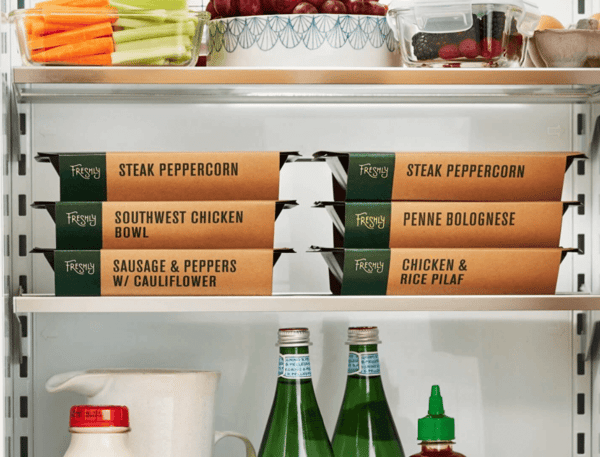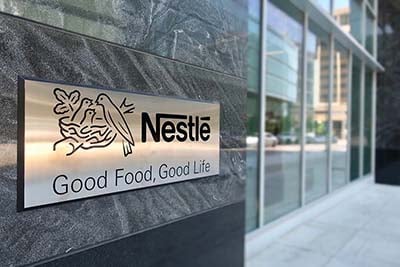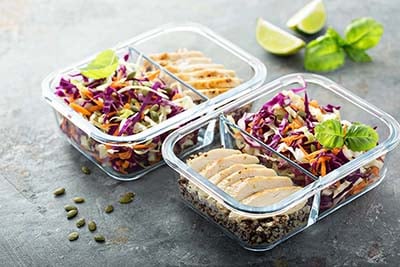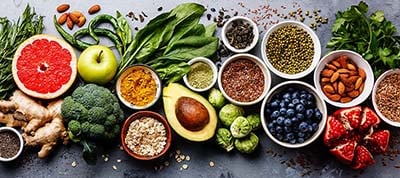The food giant Nestlé recently acquired the fresh meal start-up Freshly for about a billion dollar. What is the strategy behind this move?
Who is Freshly?
Based in New York and founded in 2015, Freshly is a food start-up delivering a menu of fresh, quality, chef-cooked meals made of healthy ingredients, as an answer to the bad eating habits of some Americans. Their meals have less sugar and saturated fats than what you can generally find in ready-made meals and are all gluten-free. Their goal is to provide superior nutrition without compromising taste and pleasure. All the meals are served singled portion, so you do not have to discipline yourself eating only one service, the right portion is already measured. All you need to savor your meal is a microwave – and a fork and a plate if you are not a savage – and you are all set!
The start-up is already selling a million meals a week across 48 states and expects $430 million in sales this year. It is already profitable since 2019. Prices start at $11.49 a meal, and you can choose subscription from 4 meals a week to 12 meals a week – with a decreasing price per unit, the price drops to $8.49 with 12 meals a week. The company also recently started offering B2B services for companies that wanted to provide meals for their employees working from home.

Who is Nestlé?
Well, you probably know, but for fairness and symmetry’s sake, I figured I would give you a little introduction as well.
Based in Vevey, Switzerland, Nestlé is the largest food and beverage company, both in the US and in the world. The Swiss food giant has a thing for prefixes and especially for products with its own name “Nes”: Nescafé, Nespresso, Nestea, Nesquik and Nestlé Pure Life. It owns a couple other brands you might know – feel my irony here? – such as: San Pellegrino, Kit-Kat, Cheerios, Maggi, Vittel, Movenpick, Perrier, Cailler, Smarties and many, many others.
Their aim is to hold on to their position as market leaders by constantly upgrading their lines and innovating their processes, whether by developing new in-house capabilities or making strategic acquisitions.

The strategy behind this acquisition
Remember that Nestlé had already tried to buy Freshly in 2017 but could only secure 16% of the company as Freshly refused a full acquisition. The present deal valued Freshly at $950 million with potential earnouts of $550 million. It will mix Nestlé’s deep know-how about what people eat at-home and Freshly’s great customer analytics platform and distribution network. Both sides will be able to learn from each other.
While you might think that Freshly could integrate Nestlé’s privileged access to ingredients to reduce costs, it will not be the case. “We will continue to maintain our own strict standards and maintain complete control of our products. Our meals will not be changing, and there are no plans to change ingredients or integrate Nestlé products into Freshly meals, but we are excited about potential opportunities for the future,” said Michael Wystrach, Freshly’s CEO.
So, wait, does that mean no cost-savings for Freshly? Well, yes it does. However, it will potentially be an opportunity to triple the number of menus available.

So, if there is no synergy, why?
Maybe there will not be any cost cutting, but it might be a smart move. After all, how would you feel if your favorite meal suddenly did not taste the same? You would hate it, feel betrayed, and change. And this is maybe what they want to avoid.
On Nestlé’s side, they might be simply making an acquisition to learn about the business, or we might say: a learnquisition. Acquiring Freshly will give them valuable lessons on home-delivered meals and develop their own line of products in the future. After all, Freshly is one of the first company to offer direct-to-consumer delivery meals and has great analytics to share. Any means are good to learn, some will buy books, listen to podcasts, and read my articles, while others, well, they buy companies.
In any case, Nestlé’s USA Chairman and CEO, Steve Presley, seemed quite enthusiast: "Consumers are embracing ecommerce and eating at home like never before. It's an evolution brought on by the pandemic but taking hold for the long term. Freshly is an innovative, fast-growing, food-tech startup, and adding them to the portfolio accelerates our ability to capitalize on the new realities in the U.S. food market and further positions Nestlé to win in the future."
Michael Wystrach agreed: “With Nestlé, we will have access to resources, research and development, and years of experience that we can tap into to catapult our growth plans and move closer to our goal of being in every household in America."
Let’s see how the pandemic affects the way we eat in the long run !

Sources:
Nestlé USA acquires Freshly, a pioneer in healthy prepared meals, Nestlé press release
Nestlé Buys Meal-Delivery Company Freshly as Pandemic Boosts Eating at Home, in the Wall Street Journal
Nestlé To Acquire Subscription Meal Service Freshly For $950M, in Crunchbase News
Nestlé Buys Meal Delivery Platform Freshly For $950M, in PYMNTS
Nestlé Acquires Meal Subscription Service Freshly for $950M, in Subscription Insider
“Crocs won 2020” — Crocs’ 400% gain. Nestle’s $1B meal(kit). Exxon’s slow burn, in Snacks Daily Podcasts





